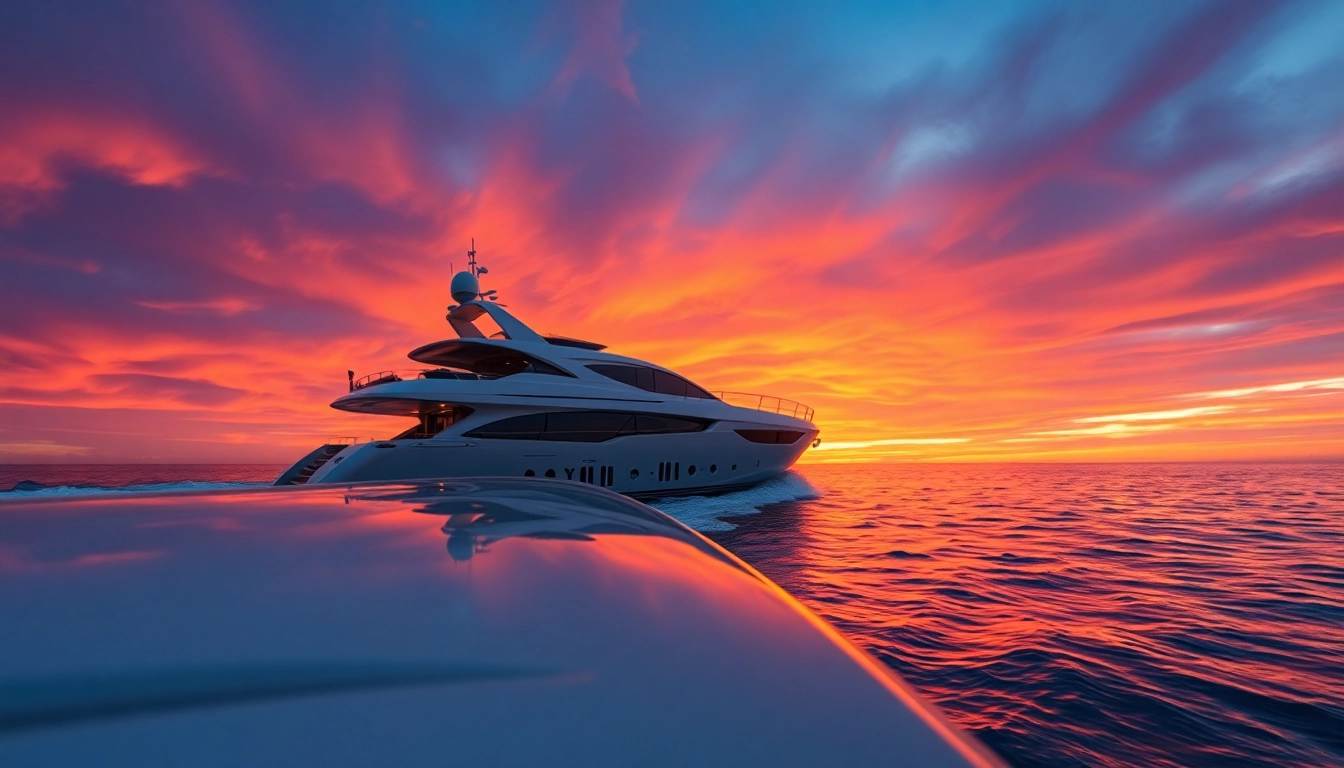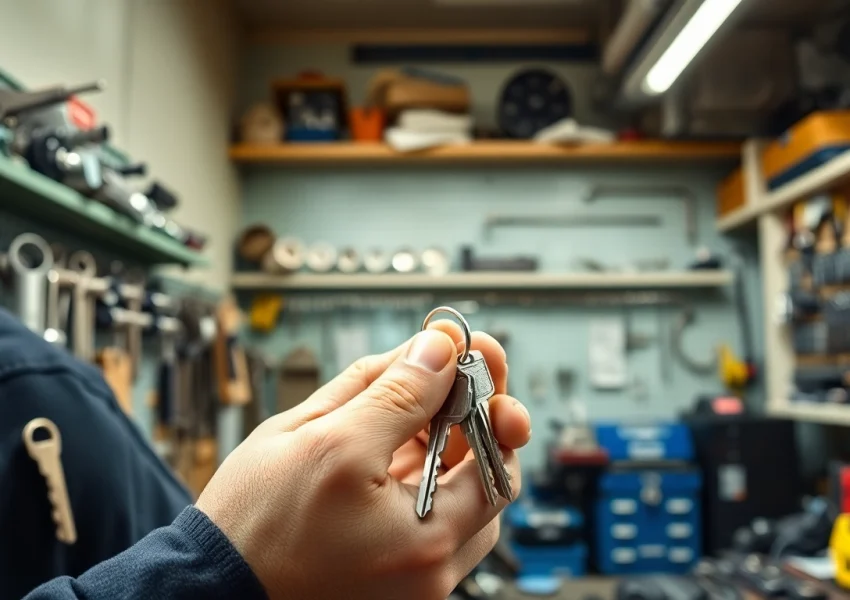Understanding Yacht Boats
Whether you are a seasoned sailor or a newcomer to the world of boating, the allure of a yacht boat is undeniable. These luxurious vessels combine elegance, performance, and recreational opportunities, making them a favorite among water enthusiasts. In this article, we will delve into the nuances of yacht boats, exploring their types, features, and benefits, helping you navigate the exciting journey of yacht ownership. For a glimpse into the world of yacht boats, read on.
What Defines a Yacht Boat?
A yacht is a term often associated with luxury and leisure on the water. While there is no universal definition, yachts are generally characterized as vessels that are at least 30 feet in length and are designed primarily for recreational purposes. Unlike smaller boats that may serve functional or industrial needs, yachts embody a sense of stability and style, often engineered for cruising, racing, or both. The distinction between a yacht and a standard boat often lies in the level of comfort and advanced technology incorporated into the design. Yachts typically come equipped with amenities that enhance the pleasure of sailing, such as spacious decks, sophisticated interiors, and advanced navigation systems.
Types of Yacht Boats: Sail vs. Power
When considering yacht ownership, understanding the types available is crucial. Primarily, yachts are categorized into two types: sailing yachts and power yachts. Each type has its own set of advantages and appeals to different preferences.
Sailing Yachts: These boats use wind propulsion through sails, providing an ecologically friendly mode of travel. They can range from small day-sailers to massive ocean-going vessels. Sailing yachts often attract enthusiasts interested in the challenge of sailing and the serenity of being propelled by nature. Skills in sailing can also lead to a deeper appreciation of marine environments.
Power Yachts: Characterized by their powerful engines, power yachts offer speed and convenience, making them ideal for long-distance travel. They are favored by those who prioritize comfort and luxurious amenities. Power yachts are especially popular for social gatherings, as they typically feature ample deck space, sun lounges, and even pools in larger models.
Common Features of Luxury Yacht Boats
Luxury yacht boats are known for their unmatched features and amenities that elevate the experience on water. Some common features include:
- Spacious Decks: Allow for entertaining and enjoying the open sky.
- Gourmet Kitchens: Often equipped with high-end appliances for onboard dining experiences.
- Retractable Sunroofs and Awnings: Providing options for sun or shade.
- State-of-the-Art Navigation Systems: Ensuring safe and efficient travel.
- Luxurious Cabins: Decked out with comfortable bedding, elegant furnishings, and en-suite bathrooms for privacy.
Why Invest in a Yacht Boat?
The investment in a yacht boat is not just a financial commitment but also a lifestyle choice. The benefits of yacht ownership can be substantial, offering much more than just a means of transportation.
The Benefits of Yacht Ownership
Owning a yacht boat provides a range of benefits, including:
- Luxury and Comfort: A yacht is synonymous with luxury. Whether you’re relaxing on the deck or dining in a well-appointed galley, a yacht offers unparalleled comfort and style.
- Freedom of Exploration: A yacht empowers you to explore numerous destinations on your terms. From secluded beaches to busy marinas, the possibilities are endless.
- Investment Potential: Well-maintained yachts can hold their value or even appreciate over time, particularly those that are unique or luxury models.
- Life Experiences and Memories: Yacht ownership allows for incredible adventures with family and friends, creating lasting memories that you will cherish for a lifetime.
Financial Implications of Buying a Yacht Boat
The purchase of a yacht comes with various financial considerations. The upfront cost can vary significantly based on the type and brand of yacht. Beyond the purchase price, potential owners should also account for:
- Insurance Costs: Protecting your investment is crucial, and yacht insurance can range dramatically depending on the yacht’s value and usage.
- Maintenance and Upkeep: Regular servicing is essential to maintain performance and safety.
- Marina Fees: Docking a yacht may incur annual fees at marinas or yacht clubs, which can add up significantly.
- Fuel Expenses: Depending on the type of yacht, fuel consumption can contribute considerably to operating costs, especially for power yachts.
Resale Value Considerations
When buying a yacht, it’s prudent to consider its long-term value. Factors such as the brand reputation, condition, age, and market demand can affect resale value. High-quality boat models tend to retain value better than others, especially if they have unique features or limited editions. Additionally, keeping detailed maintenance records can help improve resale potential.
Choosing the Right Yacht Boat for You
Choosing a yacht is a personal decision that revolves around lifestyle, needs, and preferences. Understanding what best fits your circumstances can simplify the selection process.
Assessing Your Lifestyle Needs
Before diving into purchasing a yacht, assess your lifestyle and how a yacht aligns with it. Consider factors such as:
- How often you plan to use the yacht.
- Whether you will be using it for leisure, racing, or both.
- The number of people typically joining you on board.
Identifying these elements can guide you toward the ideal size and type of yacht that will suit your lifestyle.
Setting a Budget for Your Yacht Boat
Establishing a budget is one of the most critical aspects of yacht ownership. Beyond the initial purchase price, factor in operating costs (maintenance, insurance, fuel, marina fees) and potential upgrades. Striking a balance between your desires and financial capability will lead you toward the most satisfying investment.
Researching Different Brands and Models
The market is filled with a diverse range of yacht brands and models. Research is essential for making an informed decision. Consider aspects such as:
- Brand reputation, quality, and warranty offerings.
- Style of the yacht and its onboard amenities.
- Reviews from other owners and expert assessments.
Visits to showrooms and yacht expos can provide insightful experiences and realistic views of what each brand offers.
Where to Purchase Your Yacht Boat
When it comes to acquiring a yacht, you have several avenues to explore, each with its advantages and disadvantages. Understanding these options can help streamline the purchasing process.
Navigating Online Listings and Brokers
Many yacht enthusiasts start their journey through online listings, where they can compare models, pricing, and features. Websites dedicated to yacht sales often provide insightful information, including pictures, specifications, and seller details. However, caution should be exercised to ensure legitimacy and quality.
Attending Yacht Shows and Expos
Yacht shows offer unprecedented opportunities to see a wide range of boats at once. These events allow you to walk through yachts, meet manufacturers, and engage with brokers. Attending such shows can give you access to exclusive offers and private viewings.
Working with Professional Yacht Brokers
Partnering with a professional yacht broker can greatly facilitate the purchasing process. Brokers bring invaluable expertise on market conditions and can help in navigating negotiations. Their knowledge can save you time and assure that you are receiving fair value for your purchase.
Maintaining Your Yacht Boat for Longevity
Once you have acquired a yacht, maintaining it properly is essential for longevity and performance. Different yachts have varying maintenance needs based on their type and use.
Essential Maintenance Tasks
Routine maintenance should never be overlooked. Key tasks include:
- Regular engine check-ups and oil changes.
- Inspection and cleaning of sails and rigging.
- Checking and servicing electrical systems.
- Regular washing and waxing of the hull to prevent corrosion.
Developing a maintenance calendar can help keep track of all necessary tasks and ensure your yacht stays in top condition.
Winterizing and Storage Solutions
Proper winterization is essential for yachts stored in colder climates. Key steps involve:
- Draining and replacing antifreeze in the engine.
- Removing and stowing electronics to prevent damage.
- Covering the yacht adequately to protect against weather conditions.
Consulting with storage facility specialists can help provide tailored advice for your specific vessel.
Upgrades and Enhancements to Consider
Improving your yacht over time can enhance your experience. Consider upgrades such as:
- Installing additional solar panels for energy efficiency.
- Upgrading navigation systems for improved safety.
- Enhancing comfort with new furnishings or entertainment systems.
Conclusion
Investing in a yacht boat represents an exciting foray into a world of adventure and luxury. By understanding the various aspects of yacht ownership— from selecting the right type and brand to ensuring proper maintenance— you can make the most informed decisions in your yachting journey. Whether for leisure, exploration, or social gatherings, your yacht can be a trusted companion for years to come.






